US-India relations questioned as Washington targets billionaire Gautam Adani
 Chairperson of Indian conglomerate Adani Group, Gautam Adani, speaks at the World Congress of Accountants in Mumbai on November 19, 2022. (AFP Photo)
Chairperson of Indian conglomerate Adani Group, Gautam Adani, speaks at the World Congress of Accountants in Mumbai on November 19, 2022. (AFP Photo)
Indian billionaire industrialist Gautam Adani, founder of the multinational conglomerate Adani Group, has been charged in a 12-count indictment by U.S. prosecutors for allegedly paying over $250 million in bribes to secure government contracts in India.
The contracts, linked to solar energy projects, were projected to generate more than $2 billion in profits over 20 years.
The indictment also alleges that Adani and two other Adani Group board members misled international investors about the bribery scheme to raise capital.
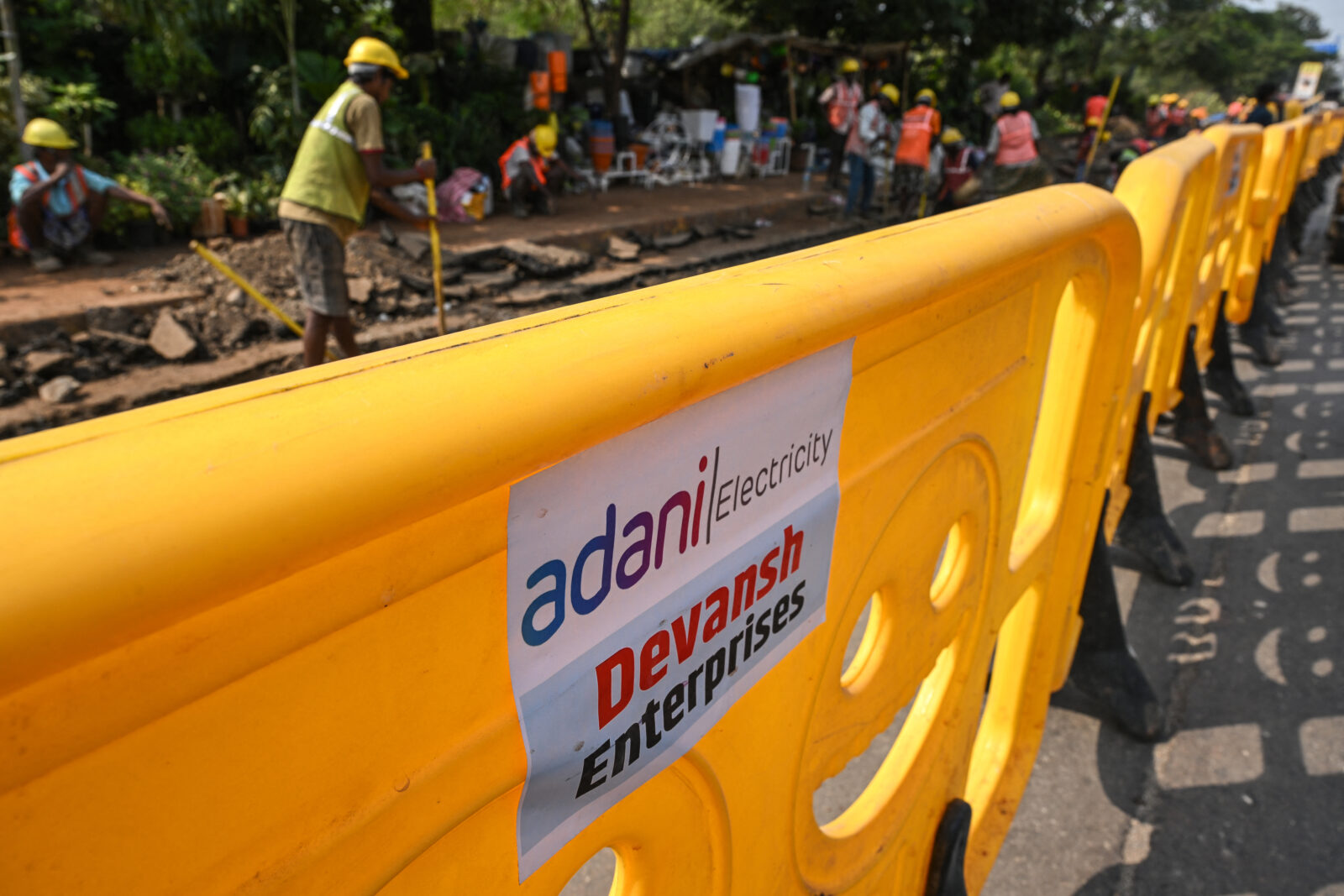
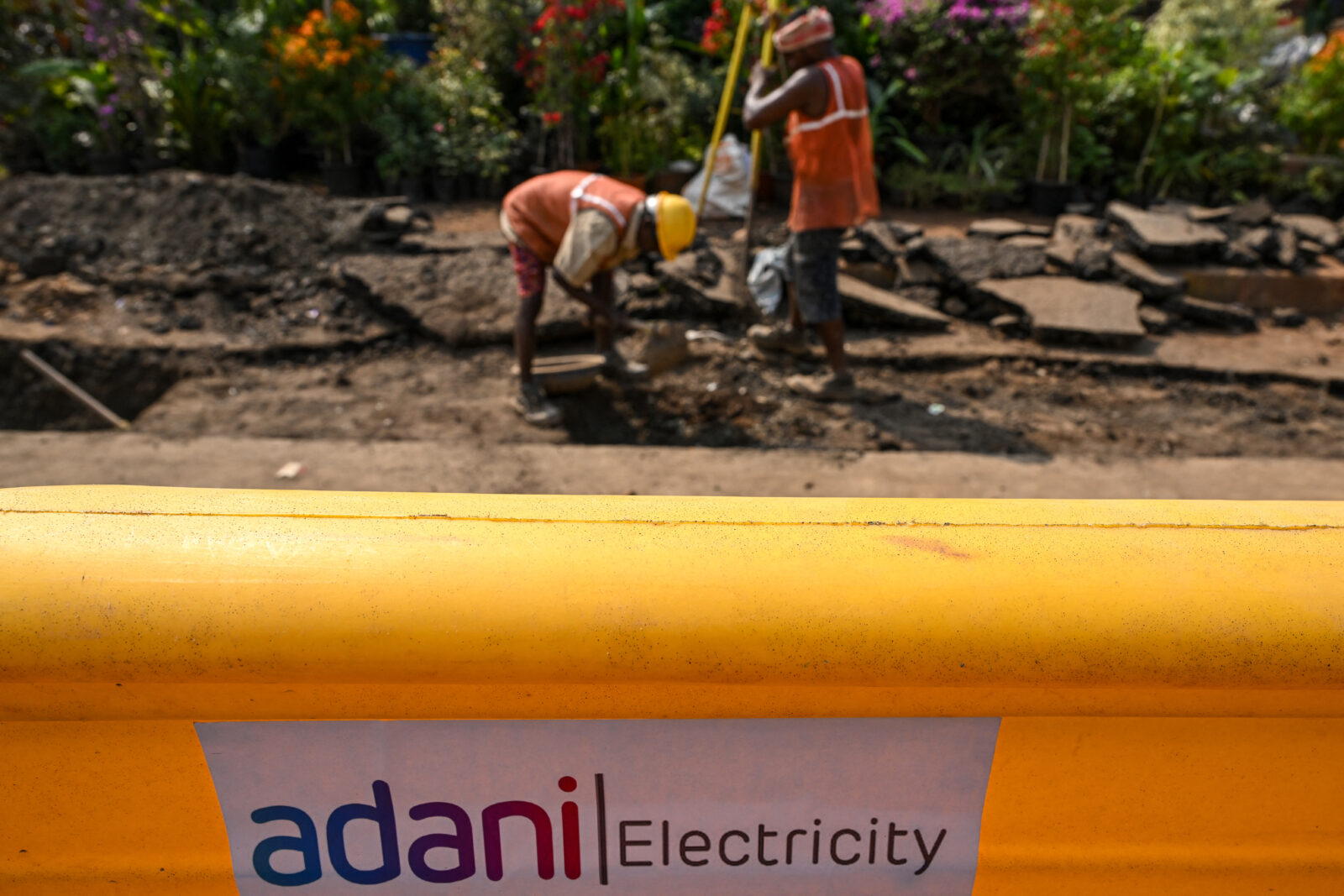
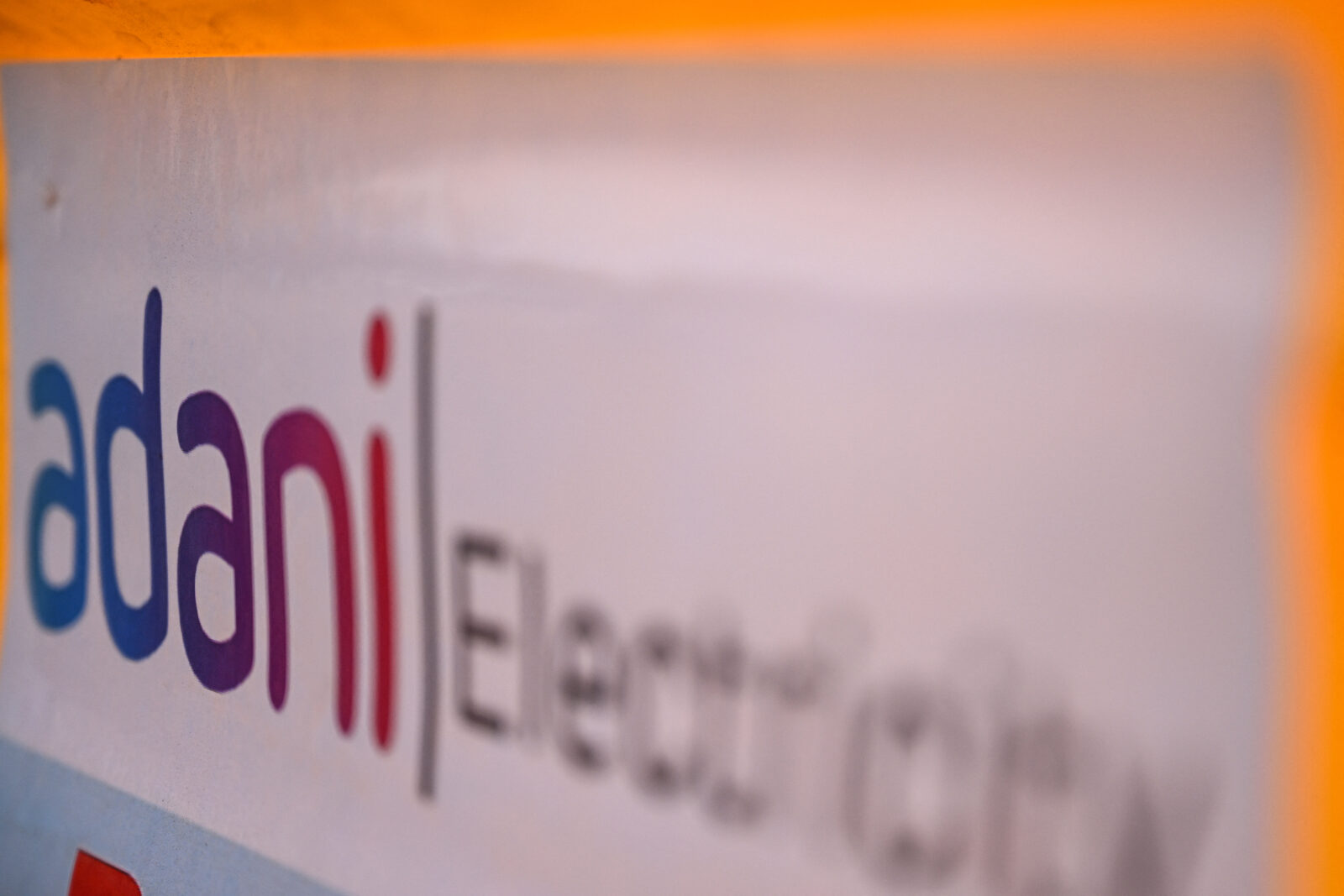
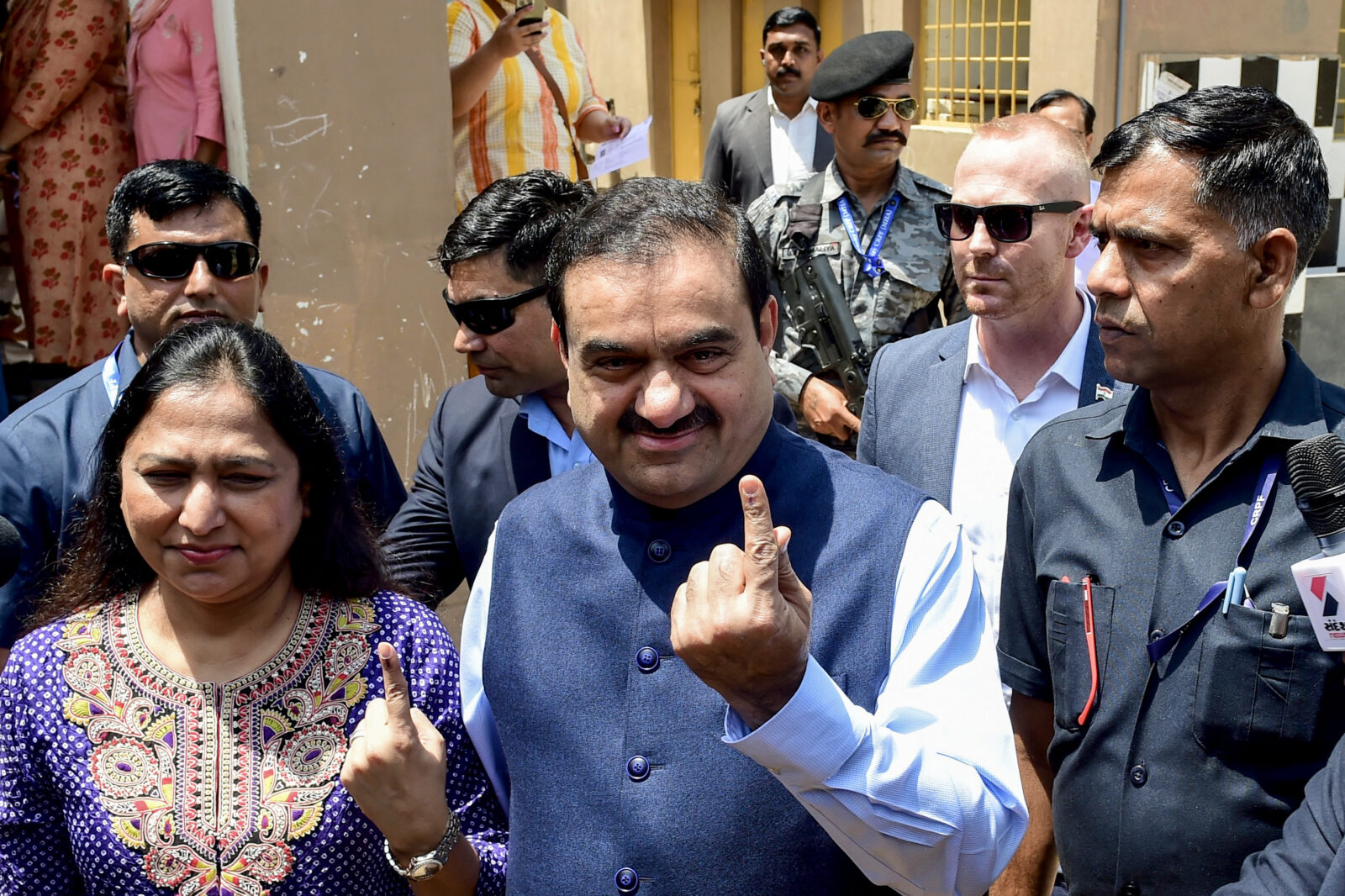
With a business empire spanning coal, airports, cement and media, the chairman of Adani Group has been rocked in recent years by corporate fraud allegations and a stock crash.
The close acolyte of Hindu nationalist Prime Minister Narendra Modi, a fellow Gujarat native, is alleged to have agreed to pay more than $250 million in bribes to Indian officials for lucrative solar energy supply contracts. (Photo by Sam PANTHAKY / AFP)
Who is Gautam Adani?
Gautam Adani, 62, is a reclusive billionaire with a rags-to-riches story. A school dropout from a modest family in Gujarat, India, Adani moved to Mumbai as a teenager to work in the diamond-sorting industry before establishing his own import-export business.
Adani’s turning point came in 1995 when he acquired a shipping port, capitalizing on India’s economic liberalization. Over the years, his business empire, Adani Group, has expanded into diverse sectors, including power generation, coal mining in Australia, cement, media, food, airport terminals, and even Israeli ports.
The Adani Group’s meteoric rise saw shares of its flagship company, Adani Enterprises, soar by over 1,000% within five years. This extraordinary growth has significantly increased the conglomerate’s wealth and funded its rapid expansion.
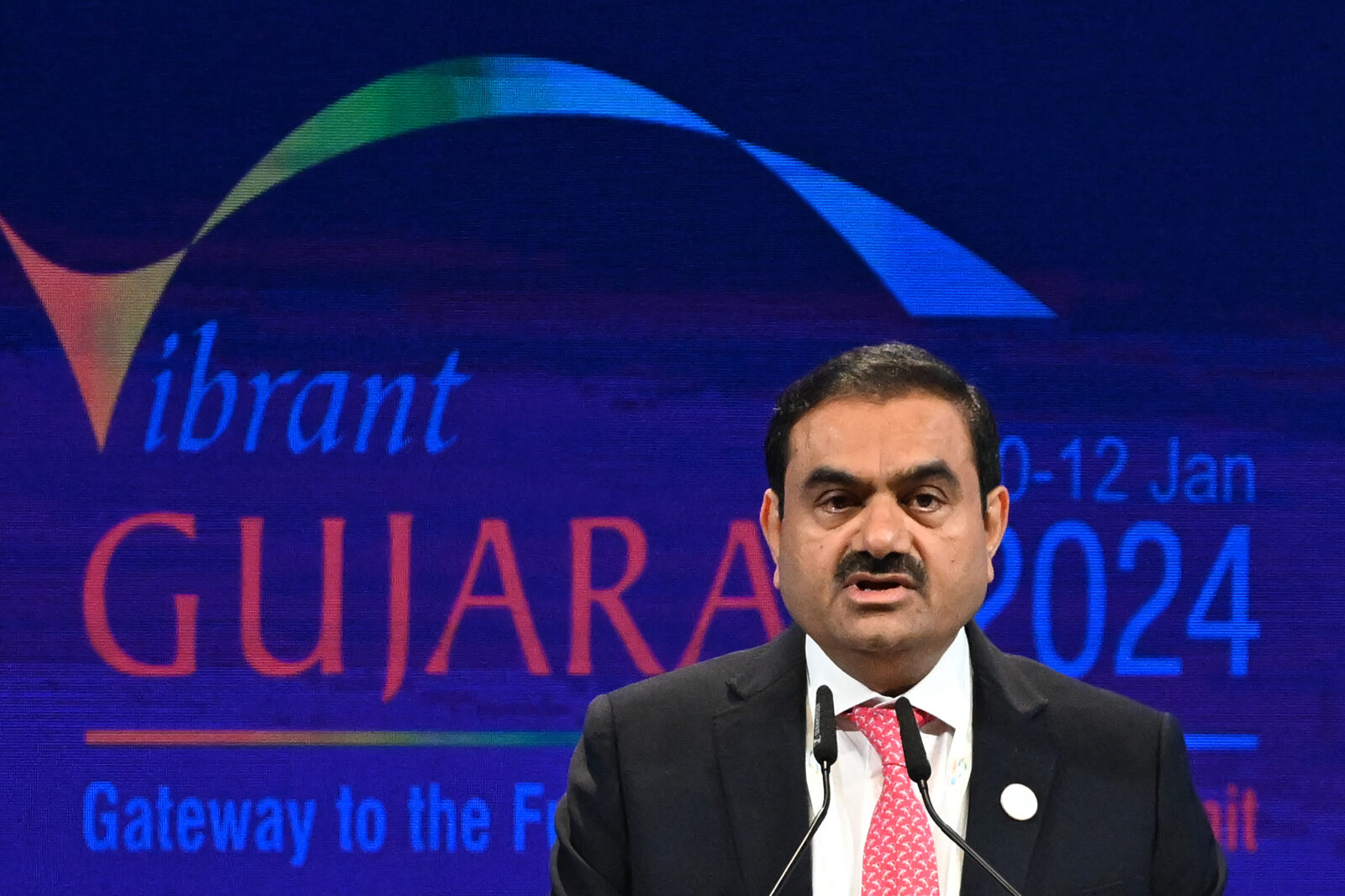
What is Adani’s relationship with the Indian government?
Adani is widely regarded as a close ally of Indian Prime Minister Narendra Modi, who also hails from Gujarat.
During Modi’s 2014 election campaign, which catapulted his Hindu-nationalist Bharatiya Janata Party (BJP) to power, Adani’s conglomerate provided Modi with access to a private company jet.
In 2021, Adani made headlines by completing a hostile takeover of broadcaster NDTV, one of India’s few media outlets known for its critical stance toward Modi’s administration. While critics expressed concerns about press freedom, Adani dismissed them, telling the Financial Times that journalists should have “the courage to say when the government is doing the right thing every day.”
Adani’s close ties with Modi have drawn criticism from political opponents, including Indian opposition leader Rahul Gandhi. Critics accuse Adani of leveraging his relationship with Modi to secure favorable business opportunities and evade regulatory scrutiny. Both Adani and his conglomerate have consistently denied these allegations.

Bribery scheme and market fallout
The charges state that the bribes were paid to Indian officials for lucrative solar energy supply contracts. U.S. Attorney Breon Peace said in a statement, “Adani and others lied about the bribery scheme as they sought to raise capital from US and international investors.”
Following the indictment, shares in Adani Group’s flagship company, Adani Enterprises, fell nearly 20% on the Mumbai Stock Exchange. Other subsidiaries, including Adani Green Energy, also faced significant losses. Adani Green Energy later announced the cancellation of a planned US bond sale due to the developments.
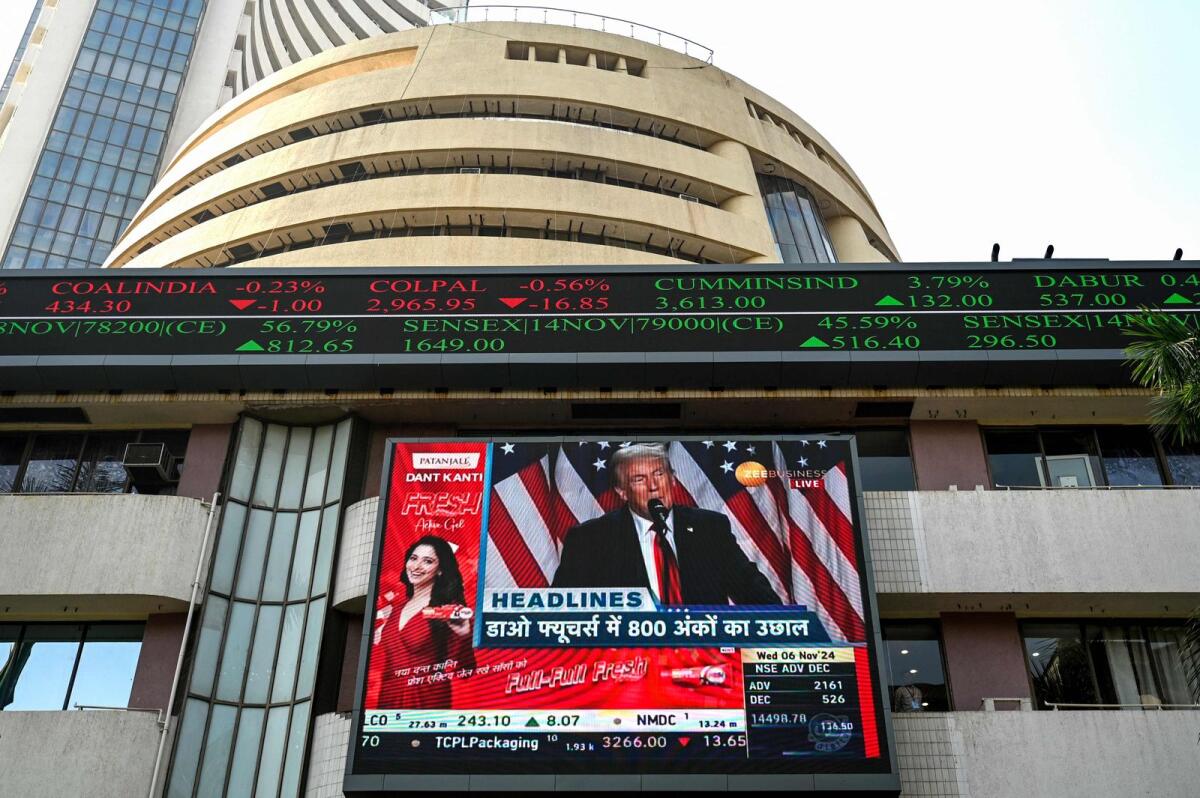
Allegations against Adani Group
According to the indictment:
- Adani and his associates allegedly directed bribes to Indian officials to secure the solar energy contracts.
- The contracts were awarded under the guise of independent and transparent auctions.
- Bribes were paid to influence decisions favorable to the group while deceiving investors about the payments.
Adani, once ranked the second-richest person globally, saw his business empire rocked by these allegations.
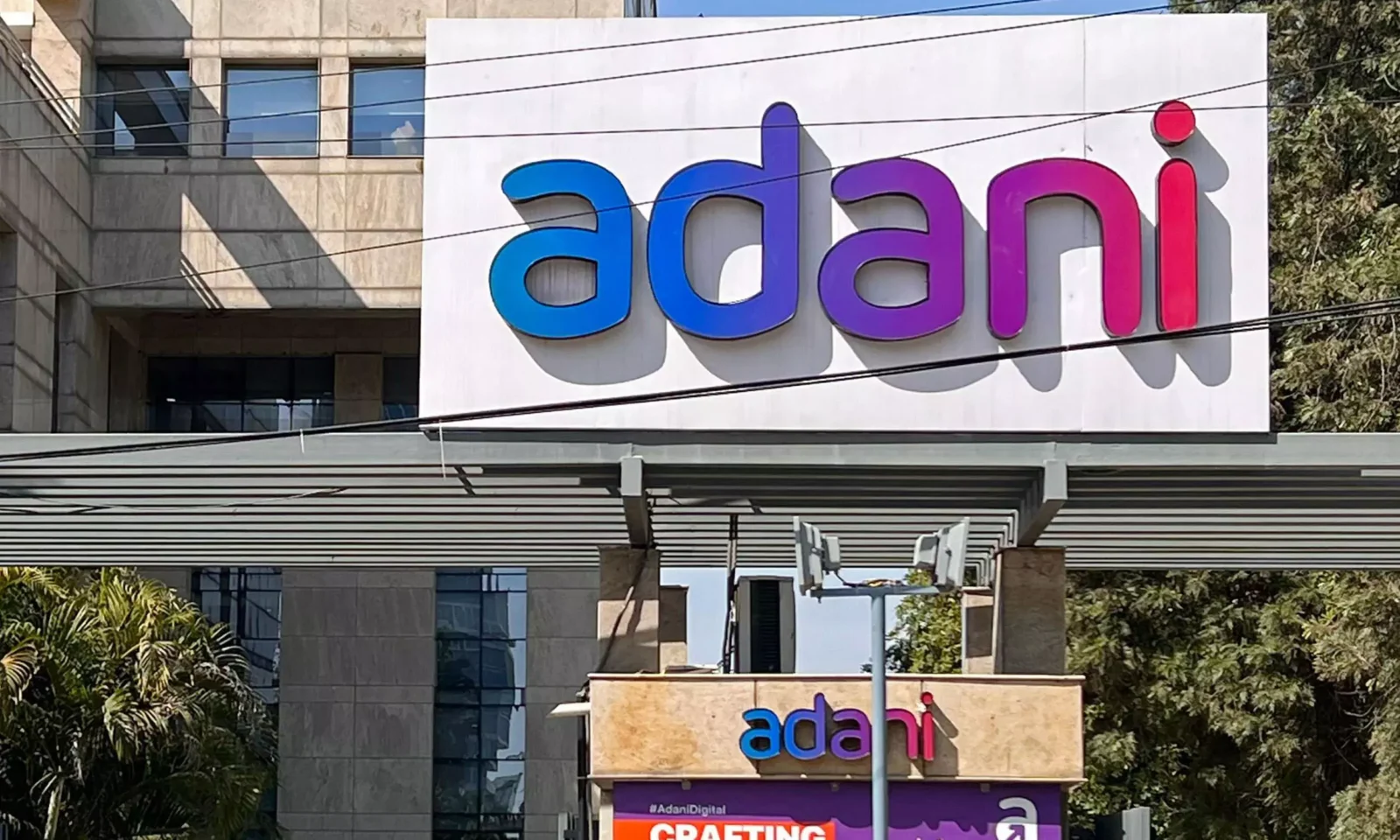
Previous accusations and financial troubles
This is not the first time Adani Group has faced scrutiny. In 2023, Hindenburg Research reported the conglomerate of stock manipulation and accounting fraud, which led to a $150 billion market loss across Adani companies.
Despite these reports, Adani has denied any wrongdoing, calling the claims an attack on India. The new charges have reignited concerns over regulatory oversight and corporate governance within the Adani Group.
Political reactions in India
The indictment has sparked calls for accountability in India. Opposition leader Rahul Gandhi demanded Adani’s arrest, alleging that the tycoon’s close ties with Modi have shielded him from legal consequences.
“Modi ji will never arrest Adani because in the end he will be the one to get caught. Therefore – if you have one, you are safe!” Rahul Gandhi said in his social media post on X.
Modi’s government has not commented on the charges, but BJP spokesperson Amit Malviya claimed the indictment implicates opposition parties rather than the ruling administration.
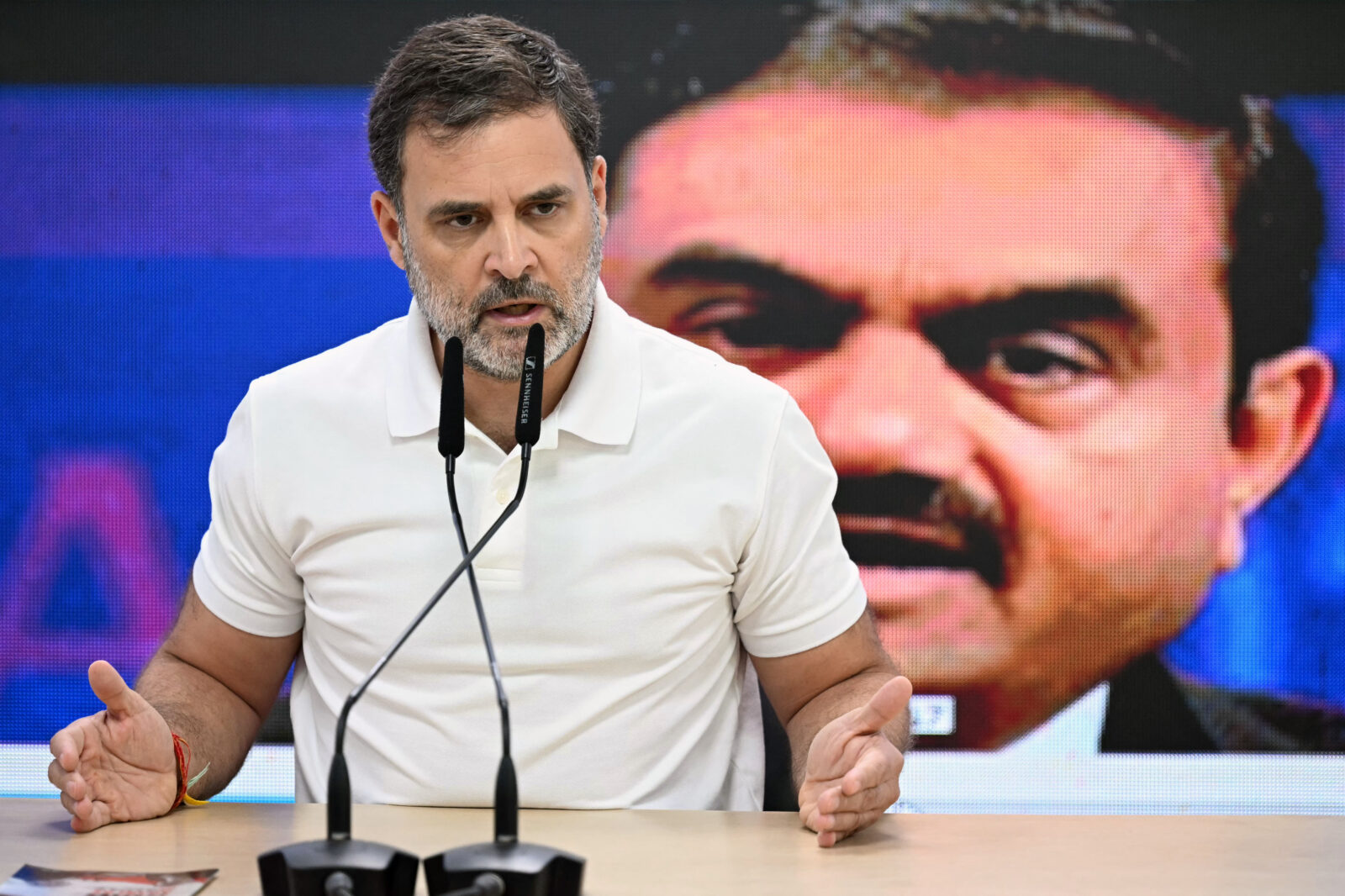
Adani Group’s defense
Adani Green Energy, the conglomerate’s renewable energy arm, acknowledged the indictment in a brief statement but refrained from commenting further.
Adani’s nephew, Sagar Adani, denied any political connections between the group and Modi’s government in an earlier interview, stating, “All the projects we got have not been granted by any concession but through an independent and transparent auction system.”
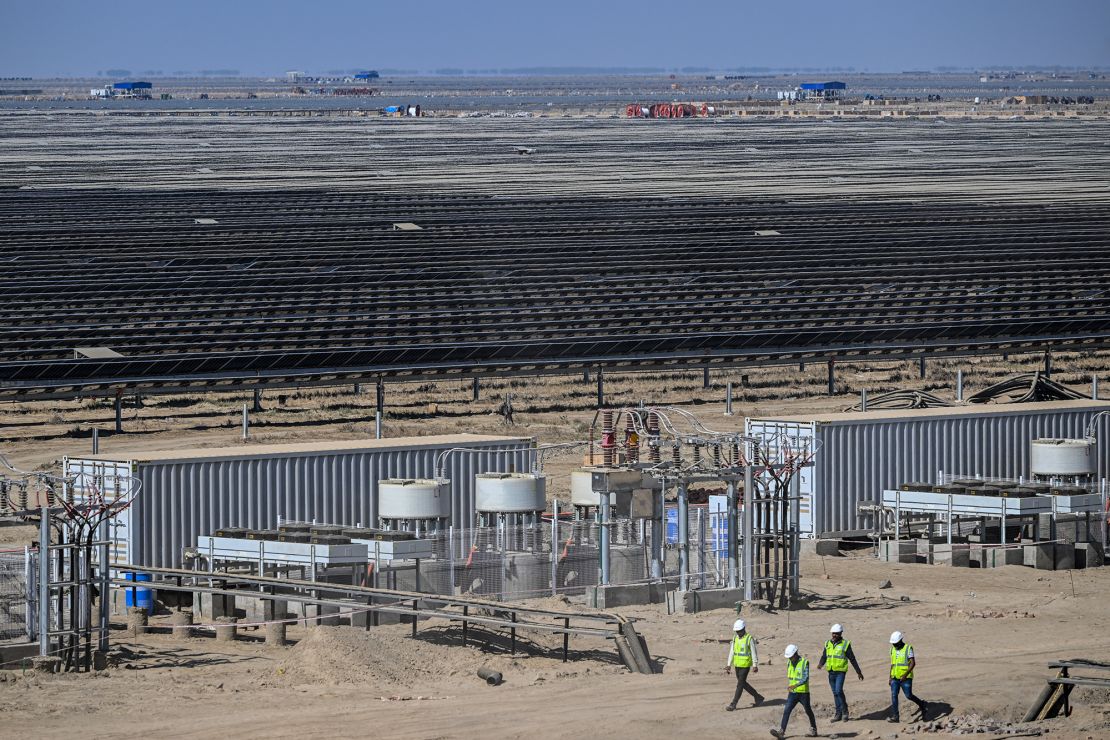
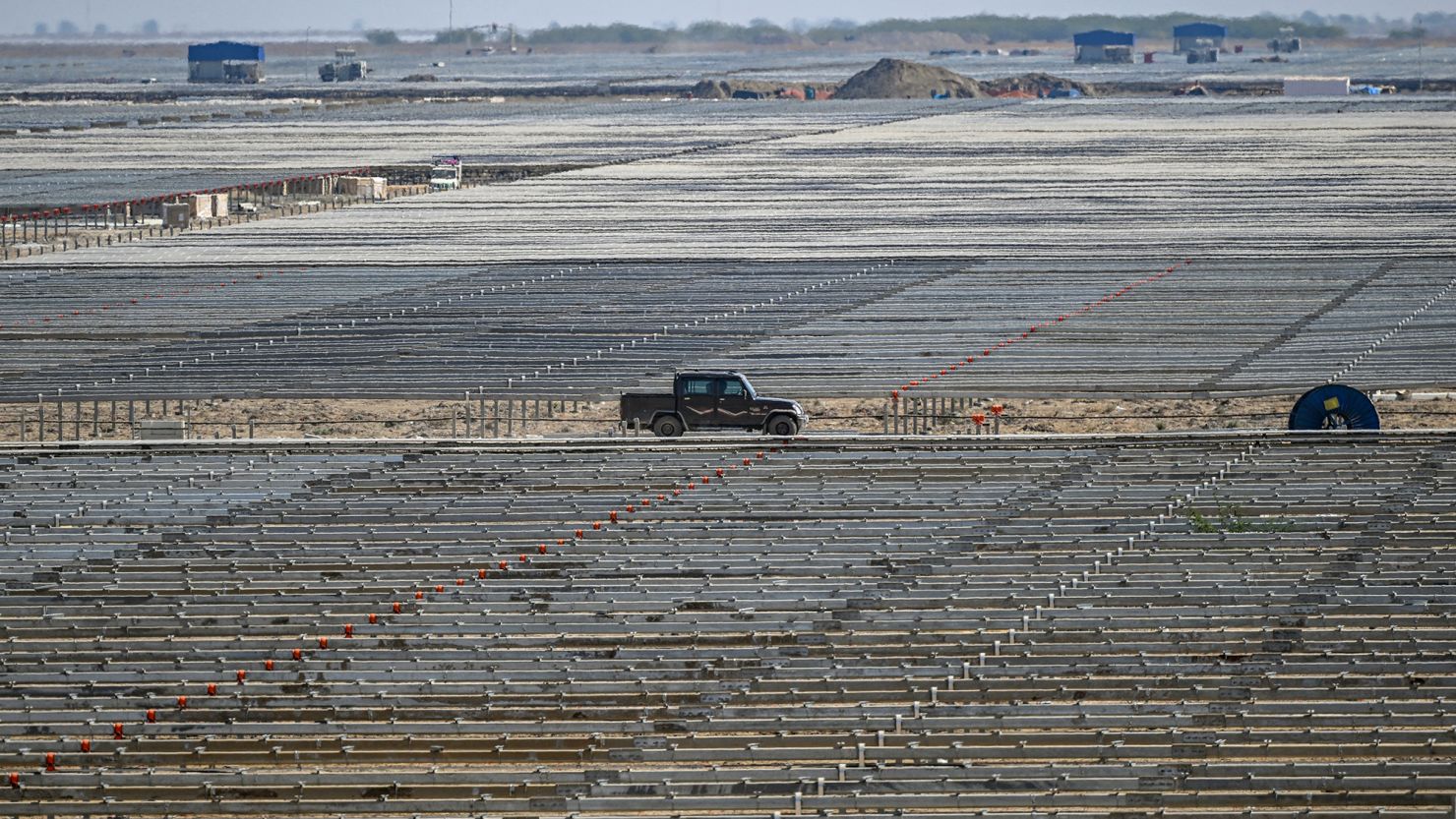
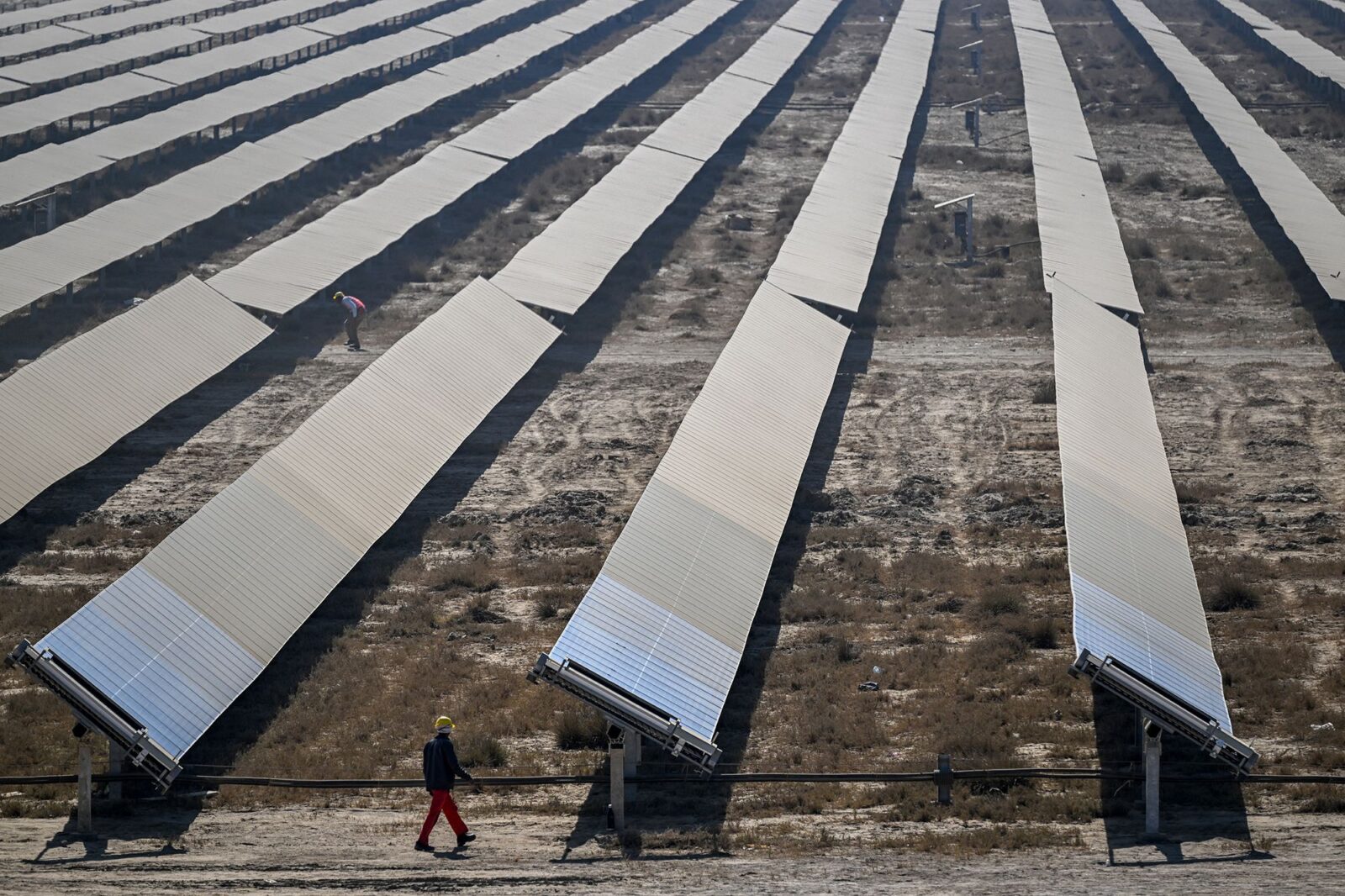
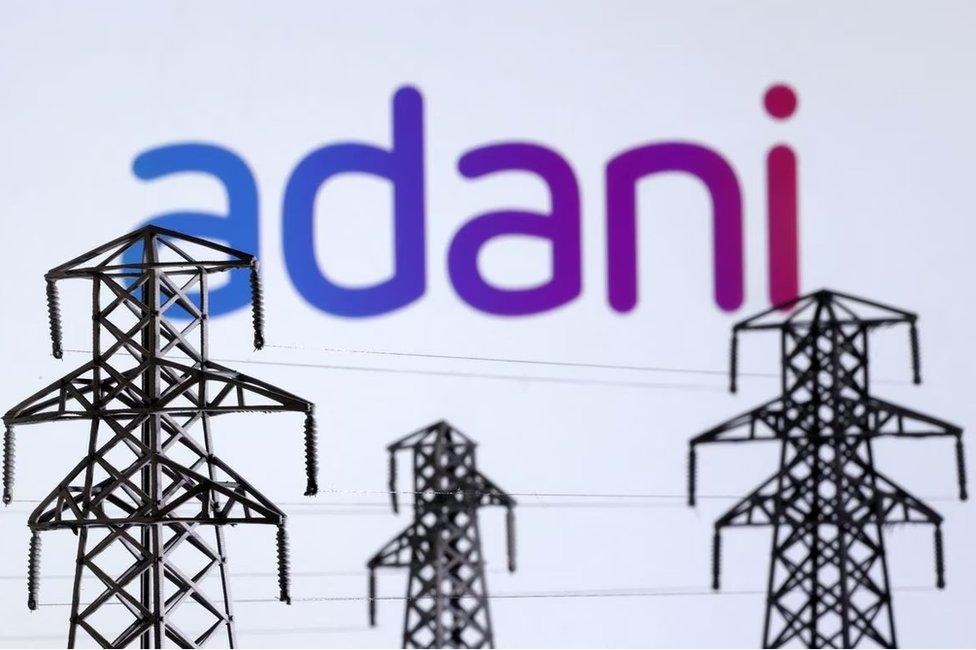
Broader implications
The charges highlight vulnerabilities in regulatory frameworks, with critics pointing to the Securities and Exchange Board of India (SEBI) for its failure to investigate Adani’s financial practices adequately.



